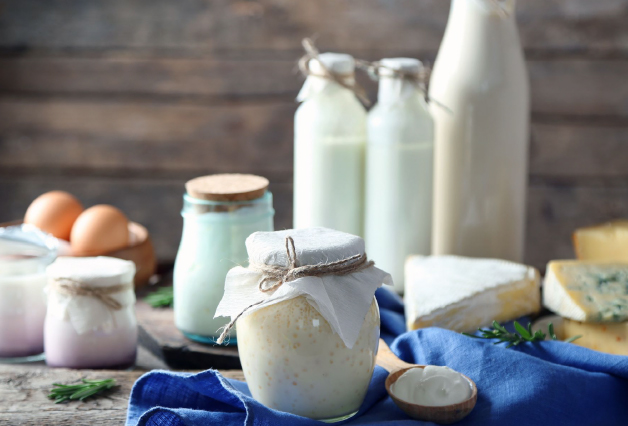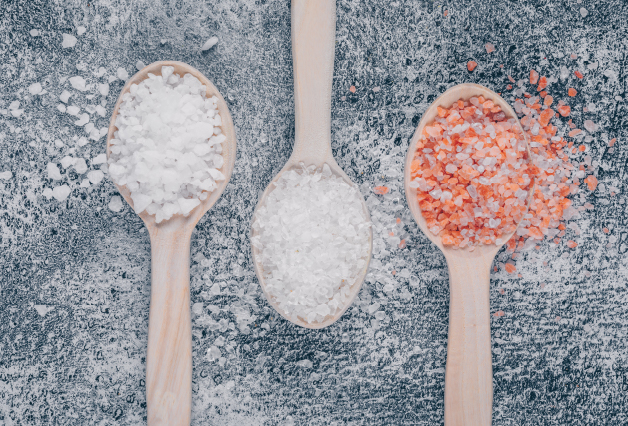
FSSAI’s Crackdown on Labeling and Marketing of Dairy Products: Clarity or Confusion?
10 September 2024The Food Safety and Standards Authority of India (FSSAI) recently issued an advisory dated 21 August 2024, restricting the Food Business Operators (FBO) from selling and marketing of dairy products with A1 and A2 labels. This move was intended to address concerns over misleading claims related to these types of beta-casein proteins. However, in less than a week, the FSSAI withdrew the advisory, citing the need for further consultation with stakeholders.

The Threat of Microplastic Contamination in Food: FSSAI's Innovative Initiative to Mitigate Impact
2 September 2024Recent findings by the Food and Agriculture Organisation (FAO) have revealed alarming levels of microplastics in everyday food items like sugar and salt. According to the study by FAO, iodised salt contained the highest concentration of microplastics, with 89.15 pieces per kilogramme, while organic rock salt produced the lowest concentration, with 6.70 pieces per kilogramme. In sugar, the microplastic particles varied between 11.85 to 68.25 pieces per kilogramme, with non-organic sugar showing the highest levels. Further, Toxics Link, another environmental research organisation conducted a study, titled ’Microplastics in Salt and Sugar’. The study tested 10 types of salt, and five types of sugar purchased from both online and local markets. The study confirmed the presence of microplastics in all samples, with particles identified as fibres, pellets, films, and fragments ranging from 0.1 mm to 5 mm.


